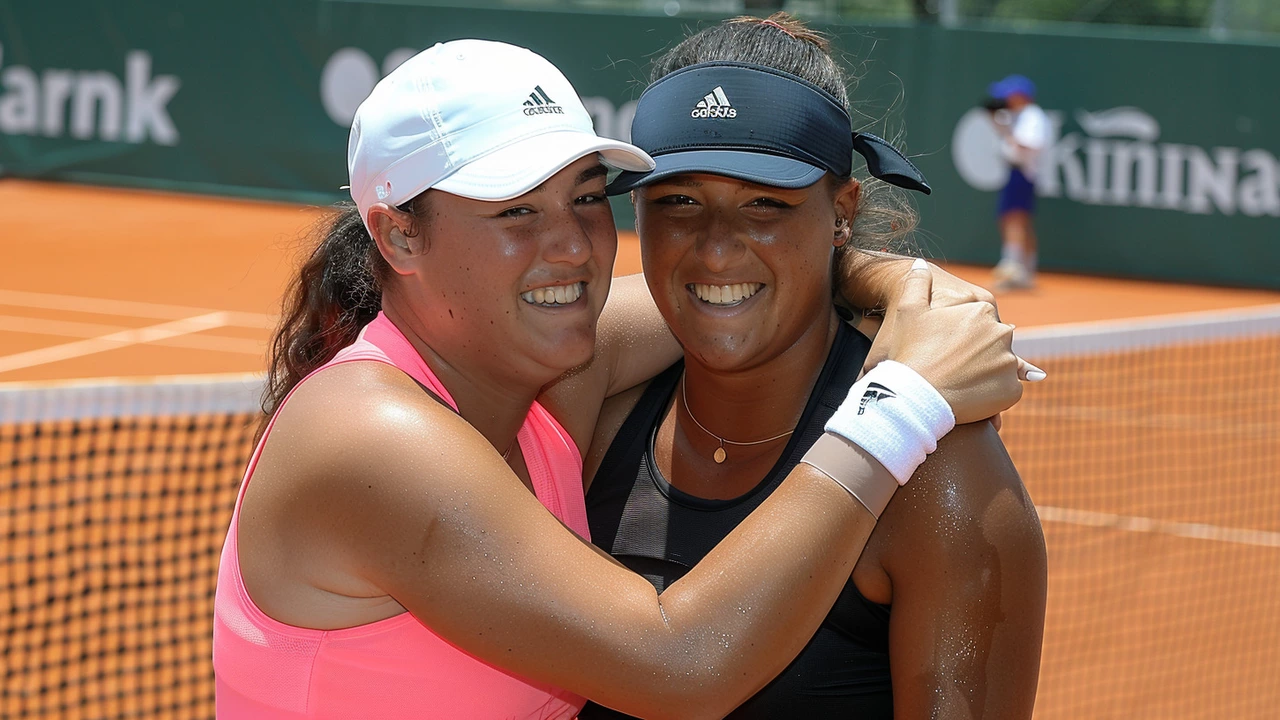Iga Swiatek's Victory Overshadowed by Crowd Behavior
In an intense three-set victory at Roland Garros, world number one Iga Swiatek managed to overcome Naomi Osaka in a thrilling match that should have been the talk of the tennis world. However, the match drew attention for reasons other than the players' performances on the clay court. Swiatek, while expressing her triumph, couldn't help but voice her frustration regarding the behavior of the crowd. The spectators' noise during points disrupted her focus and added an extra layer of pressure during an already challenging match. Swiatek called out to the fans, requesting their support before the rallies commence, stressing how significant concentration is in such high-stakes games. She emphasized that distractions, however minor they may seem, hold the power to disrupt the players' rhythm and momentum.
Renewed Scrutiny Over Roland Garros Crowd Behavior
This isn't the first time the Roland Garros crowd's behavior has come under scrutiny. Previous criticisms had already painted a picture of an audience that occasionally fails to adhere to the decorum expected at professional tennis tournaments. The latest incident with Swiatek has ignited renewed discussions and scrutiny. People within the tennis community are voicing their concerns and demanding better crowd discipline to ensure that players can perform in an environment that's conducive to their focus and performance.
Empty Seats and Criticism from Andy Murray
Adding to the controversies surrounding the match was the noticeable number of empty seats on Court Philippe Chatrier. The spectacle of vacant spots in such an important match prompted criticism from tennis star Andy Murray. He pointed out the need for the Women's Tennis Association (WTA) to capitalize more on high-quality match-ups. The empty seats highlighted a problem in the promotion and scheduling of women's tennis, suggesting that there is a disconnect between the value of these matches and the efforts to bring spectators to watch them in person.
Controversial Scheduling Policies at the French Open
The issue of empty seats also ties into broader criticisms of the scheduling policies at the French Open. Historically, the tournament has featured fewer women's singles matches during night sessions, a practice which many argue undermines the promotion of women's tennis. Night sessions typically draw larger audiences, both in-stadium and through broadcasts. The fact that women's matches are scarcely included in these coveted time slots indicates a disparity in how the men’s and women’s games are marketed and presented.
Amelie Mauresmo's Comments and the Aftermath
French Open tournament director Amelie Mauresmo, a former WTA world number one, has found herself at the center of this scheduling controversy. Mauresmo had previously suggested that men's matches are inherently more appealing, a statement that attracted significant backlash. Critics argue that such remarks perpetuate a stereotype that undermines the achievements and entertainment value of women's tennis. Following Mauresmo's comments, there has been a push from players and fans alike for a more equitable approach to scheduling that gives women’s matches the prominence they deserve.
Calls for More Promotion of the Women's Game
Ons Jabeur, among other notable players, has actively called for the French Open to take definitive steps to promote the women's game more vigorously. Jabeur's voice adds to a growing chorus of players who believe the status quo needs to change. They argue that such changes are essential for achieving gender equality in tennis, ensuring that the women's game receives the recognition and support proportional to its quality and the talent of its athletes.
With high-profile players like Iga Swiatek advocating for crowd discipline and the better promotion of women's tennis, the debate surrounding these issues is bound to continue. Fans, organizers, and stakeholders in the world of tennis will need to consider these concerns seriously if they wish to foster a more inclusive and respectful environment that celebrates all aspects of the sport equally.
